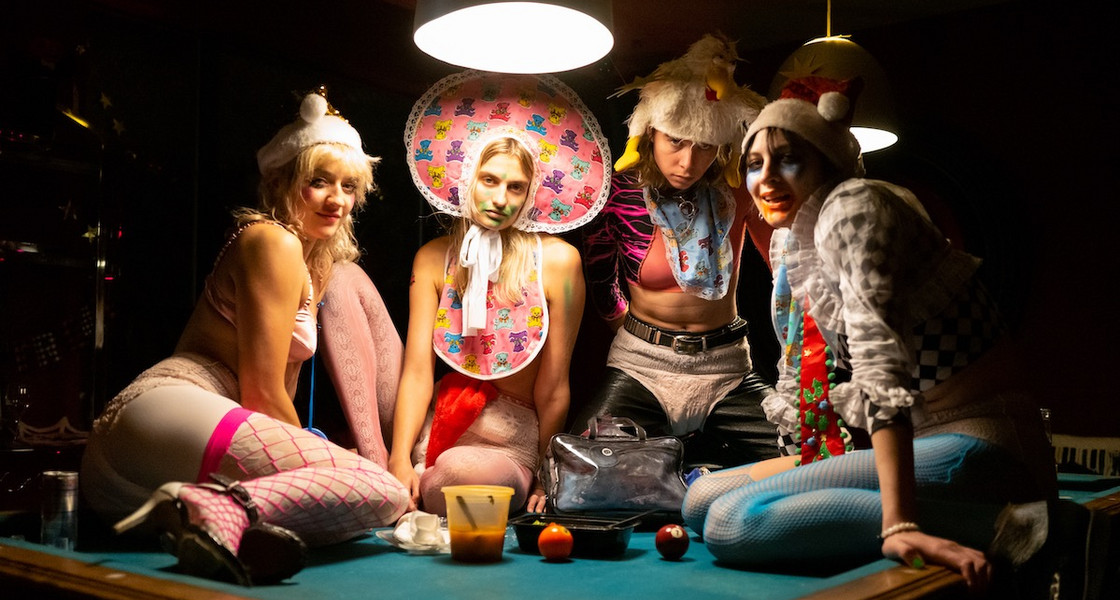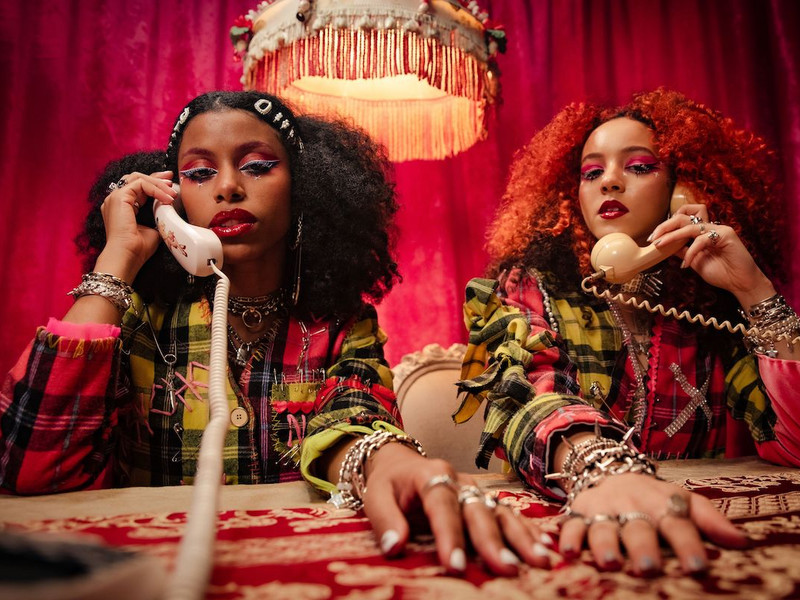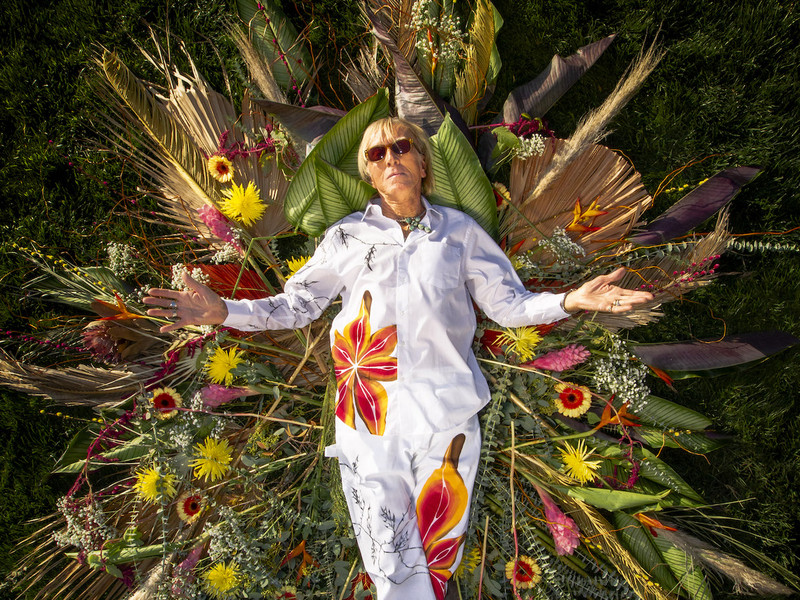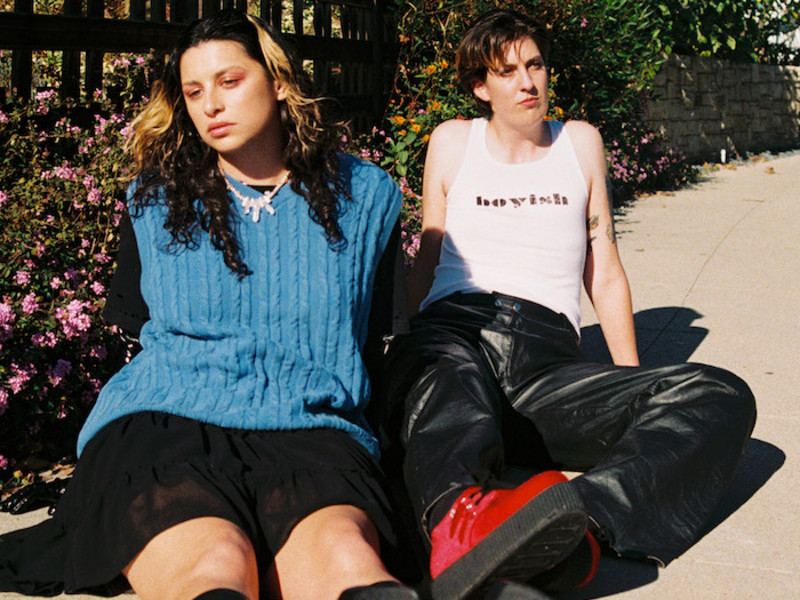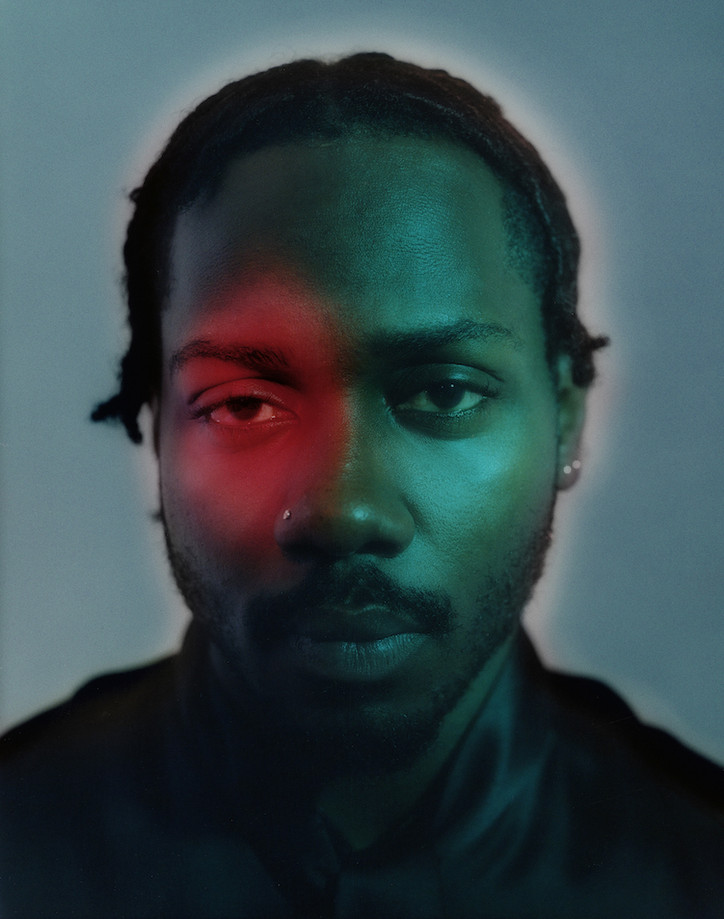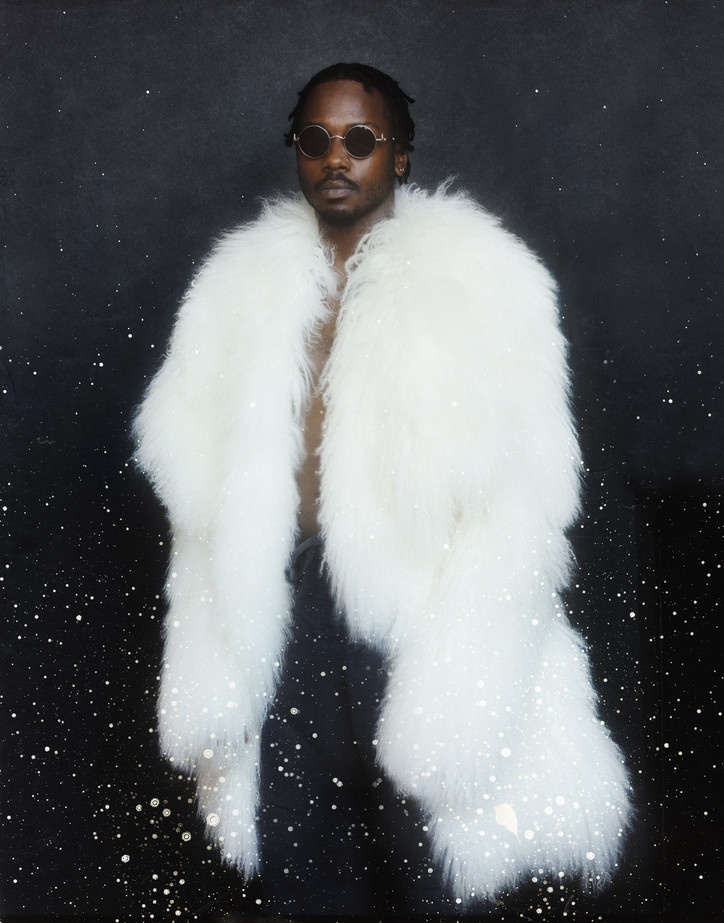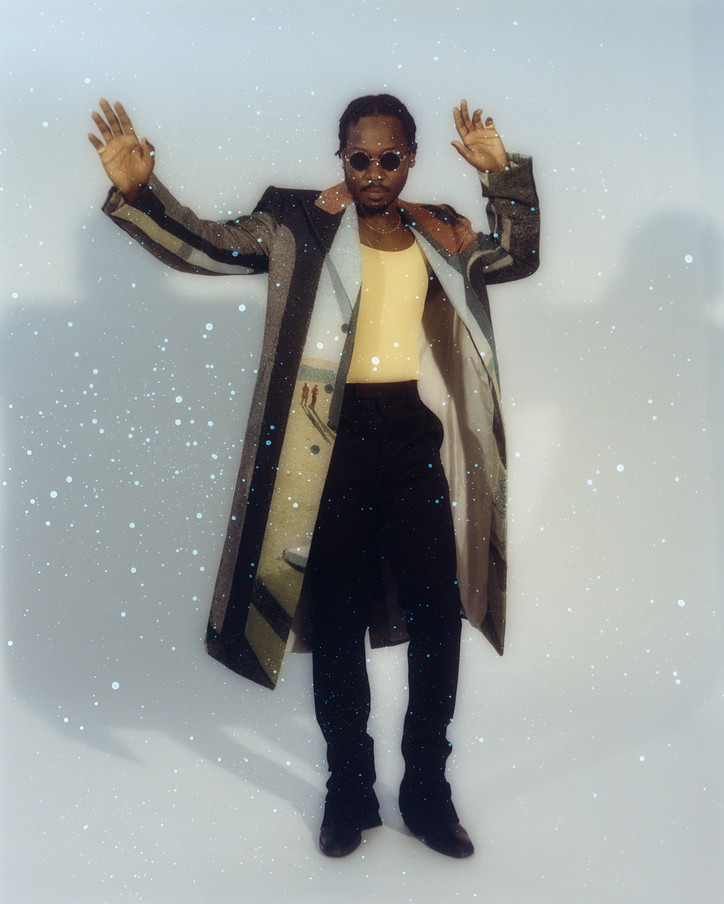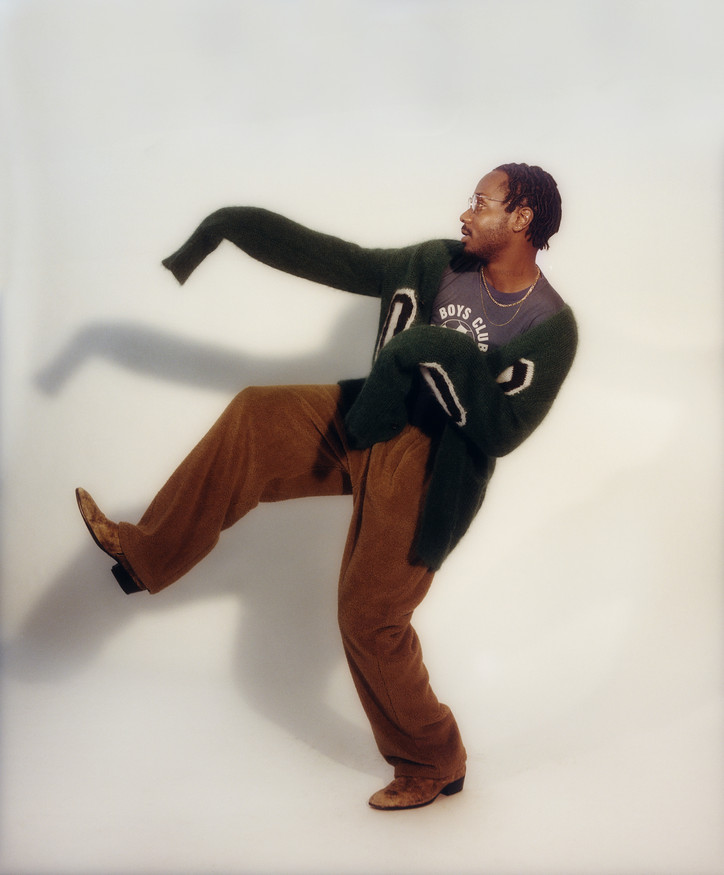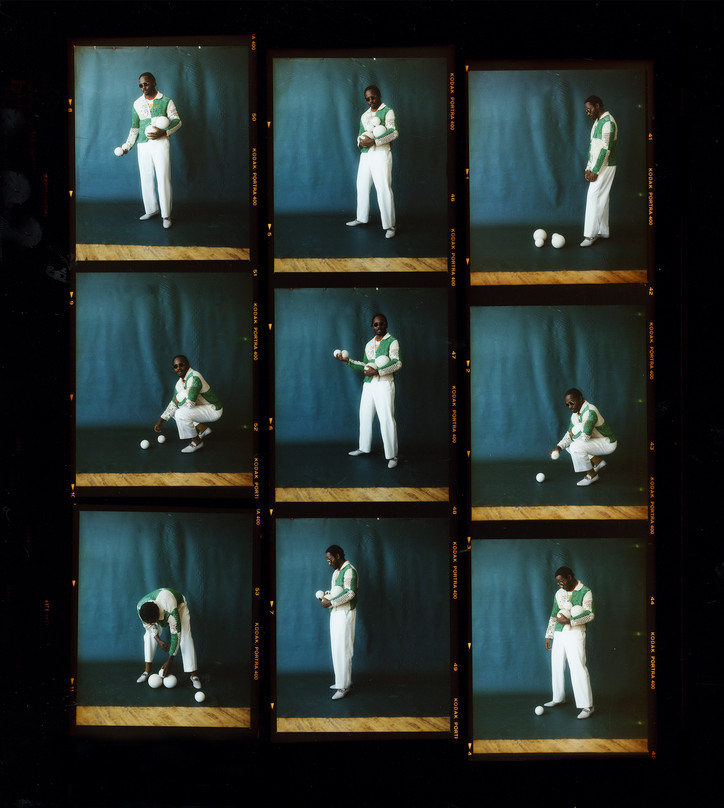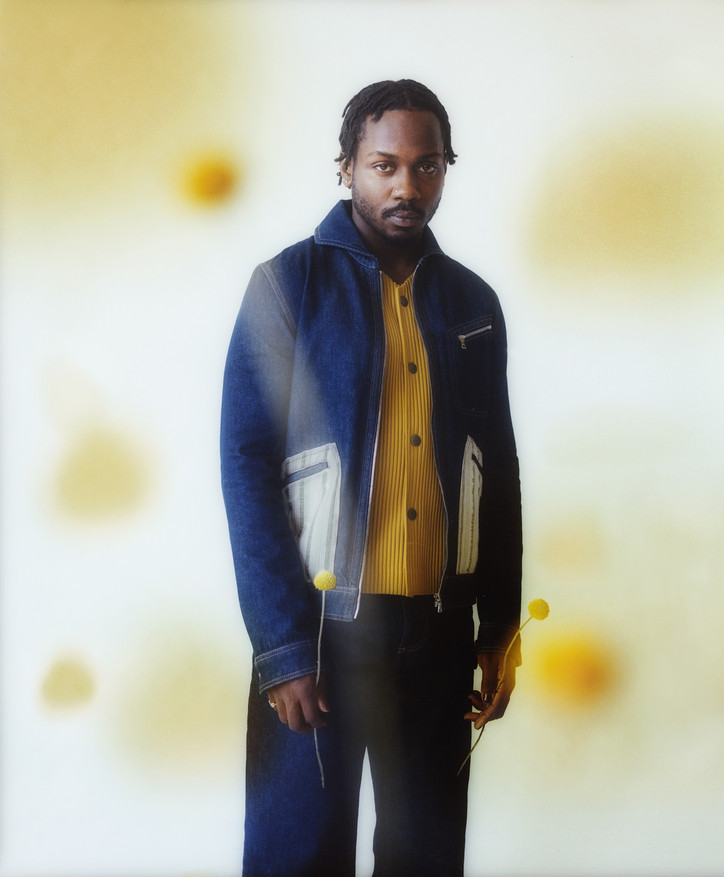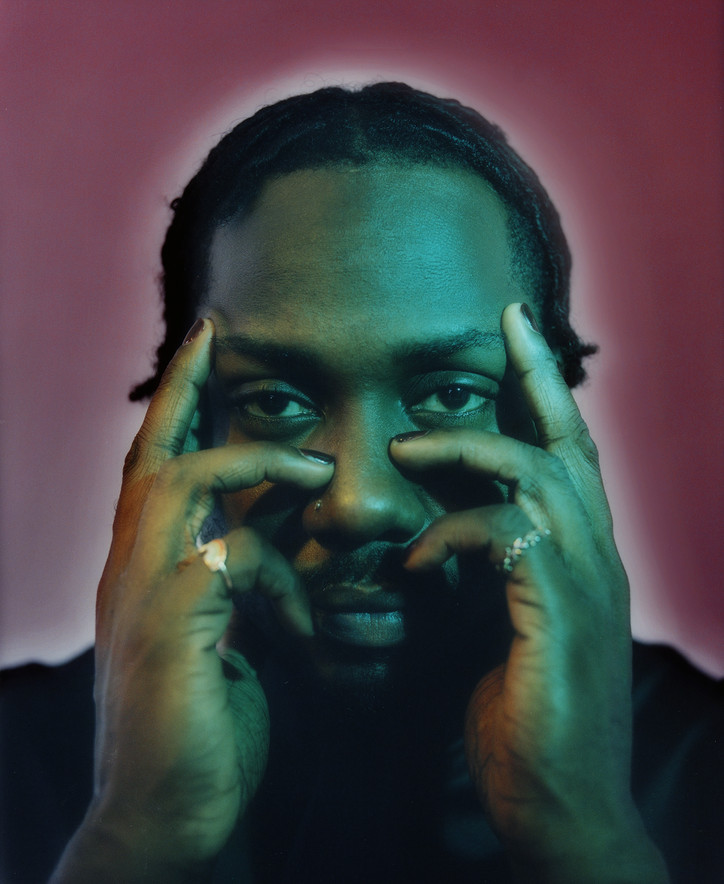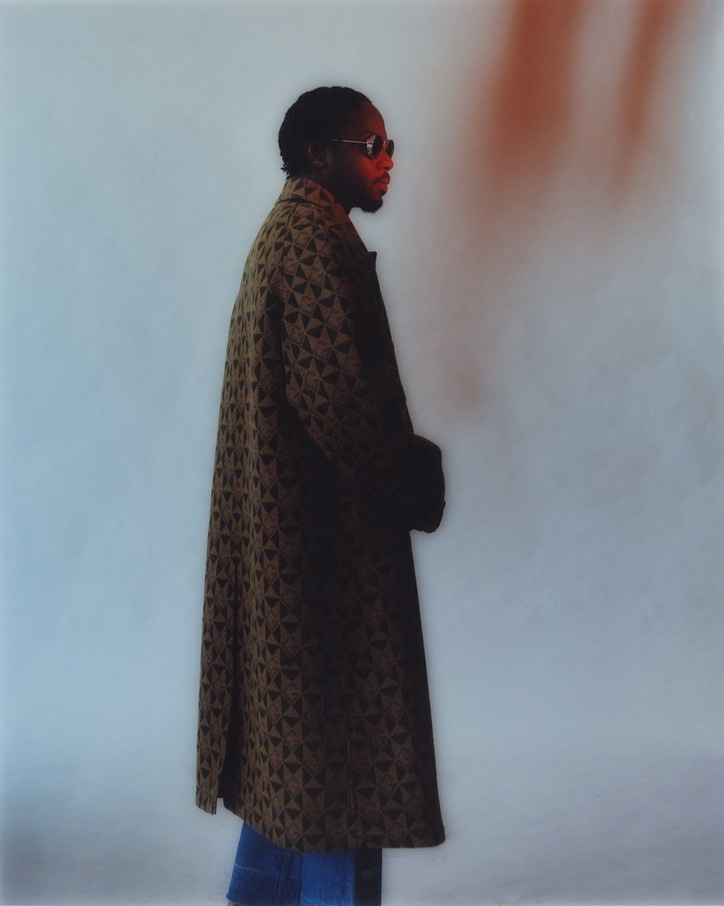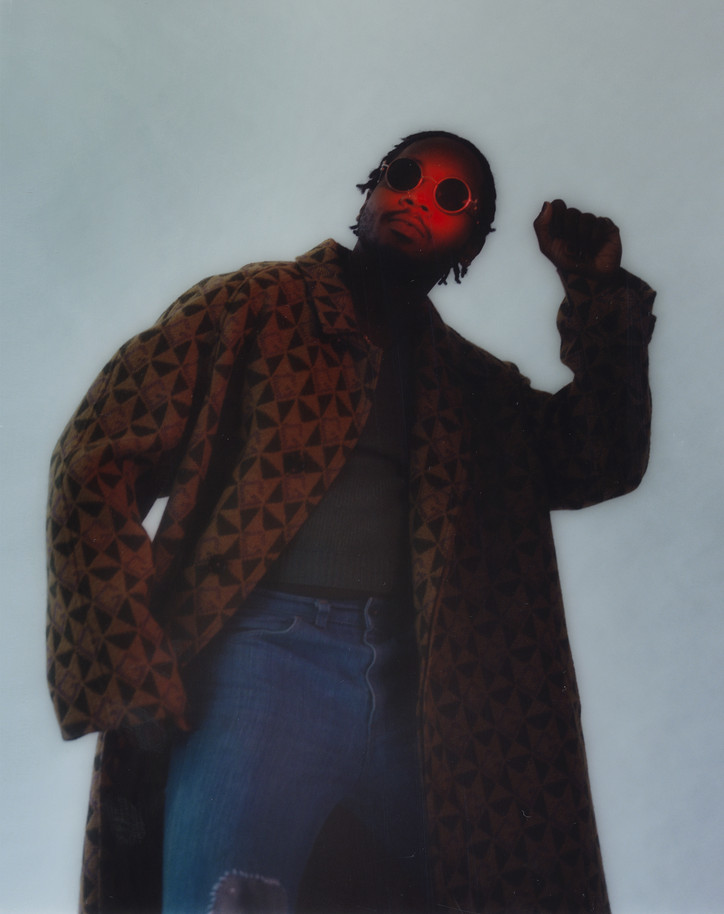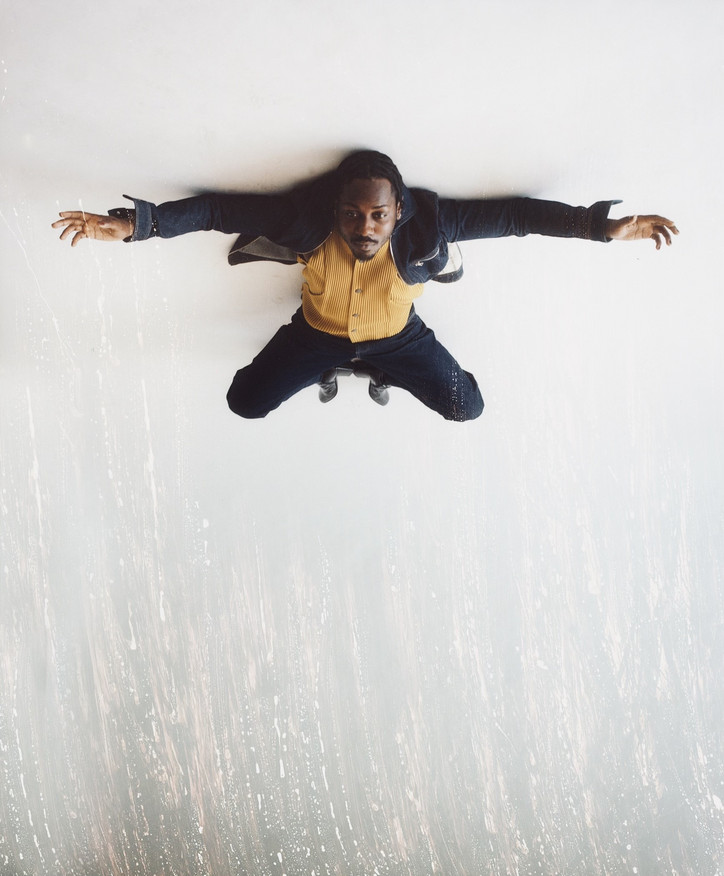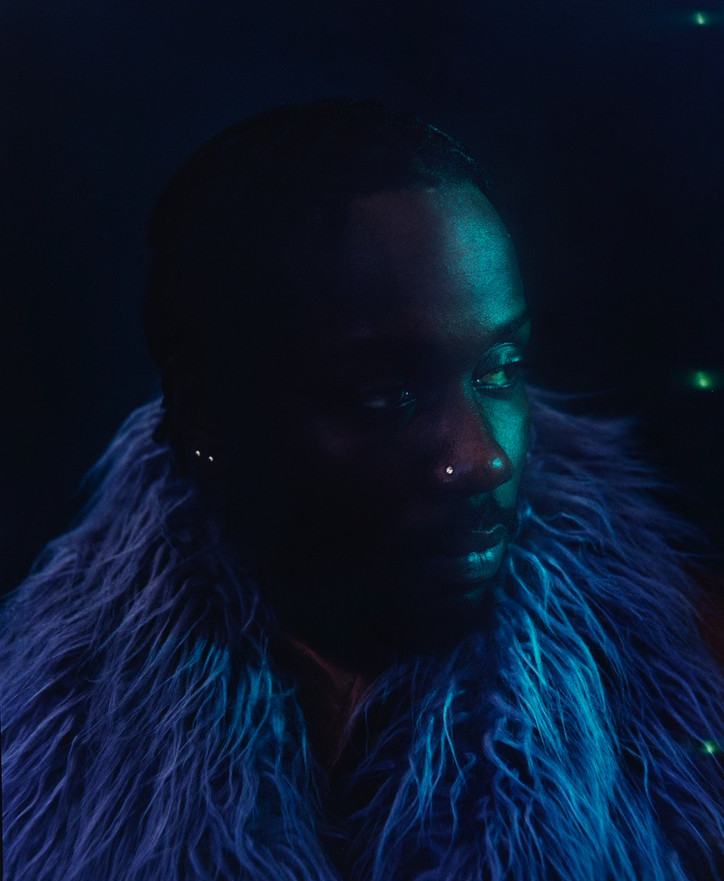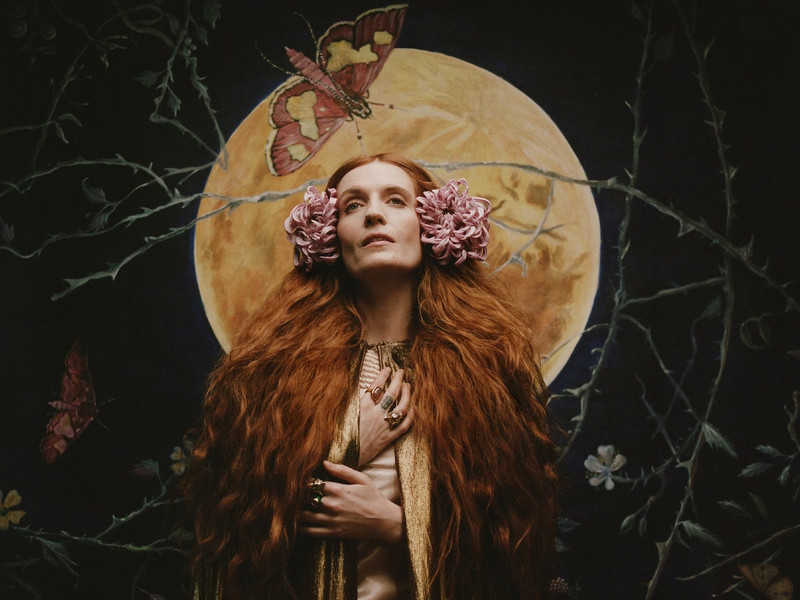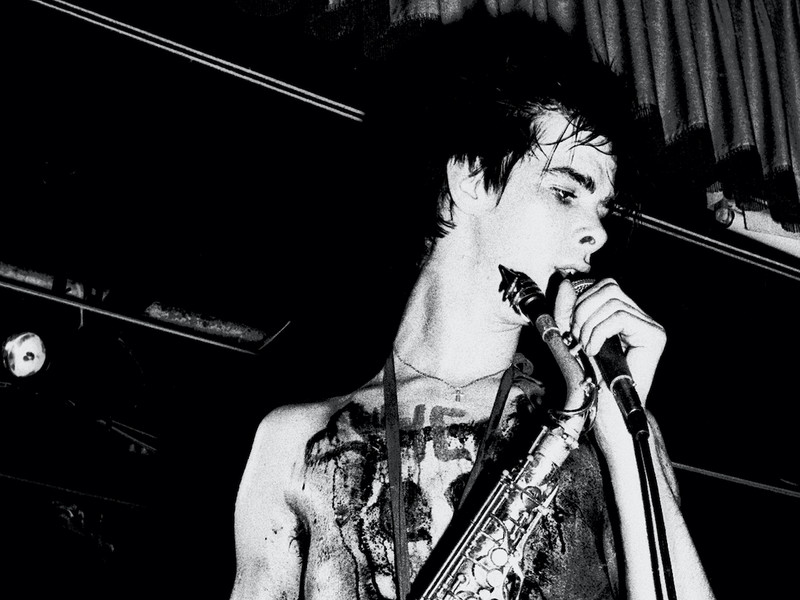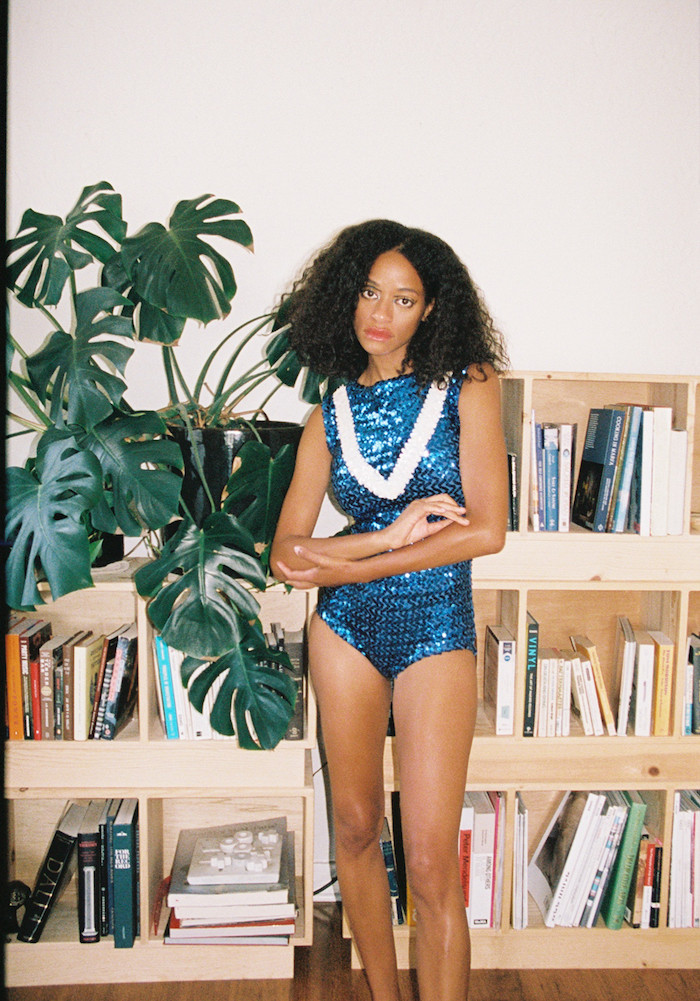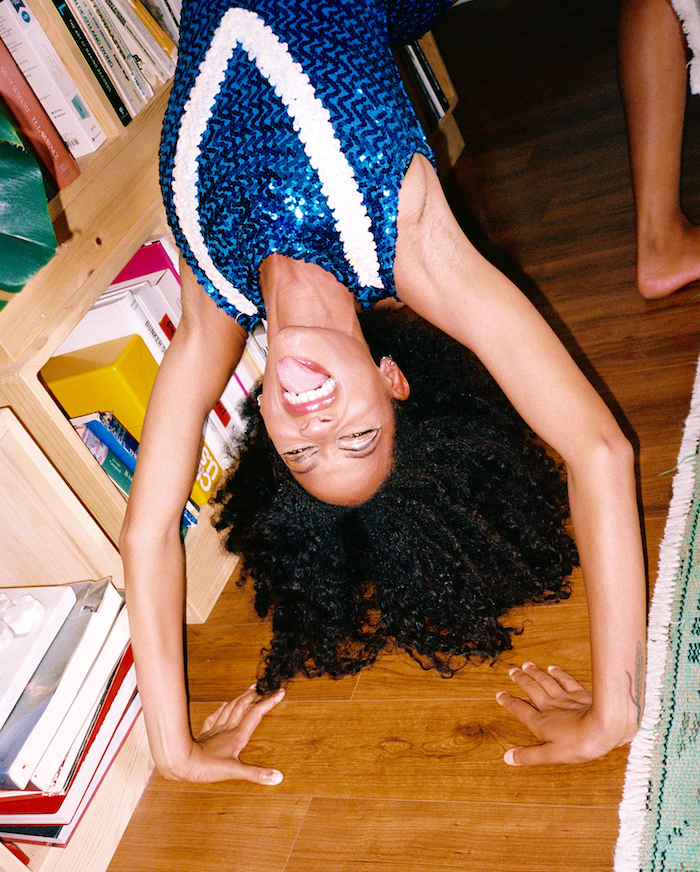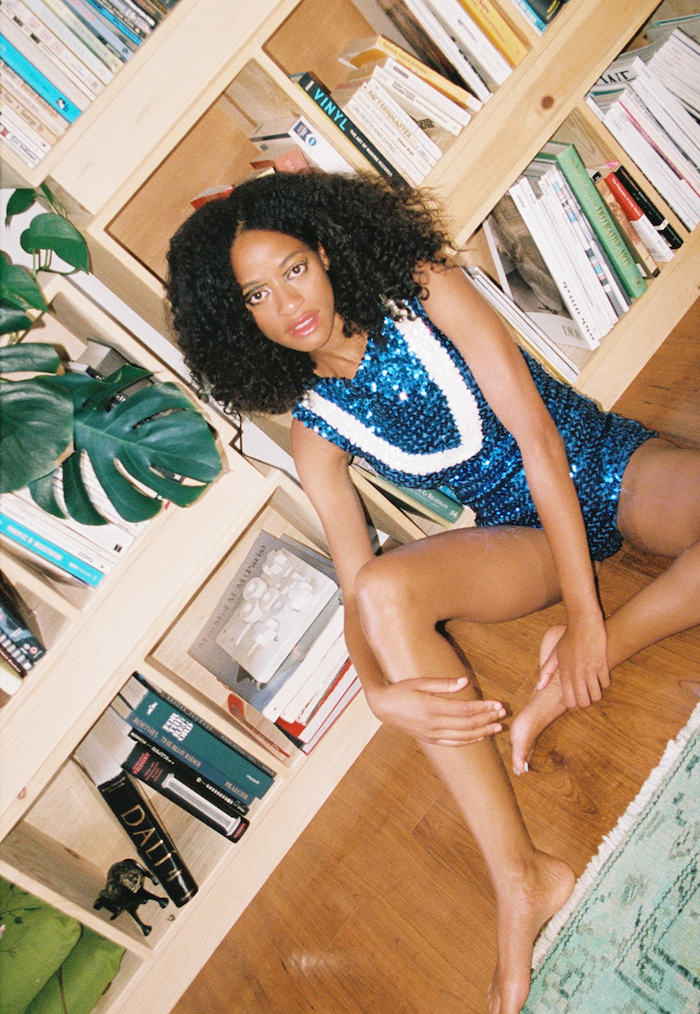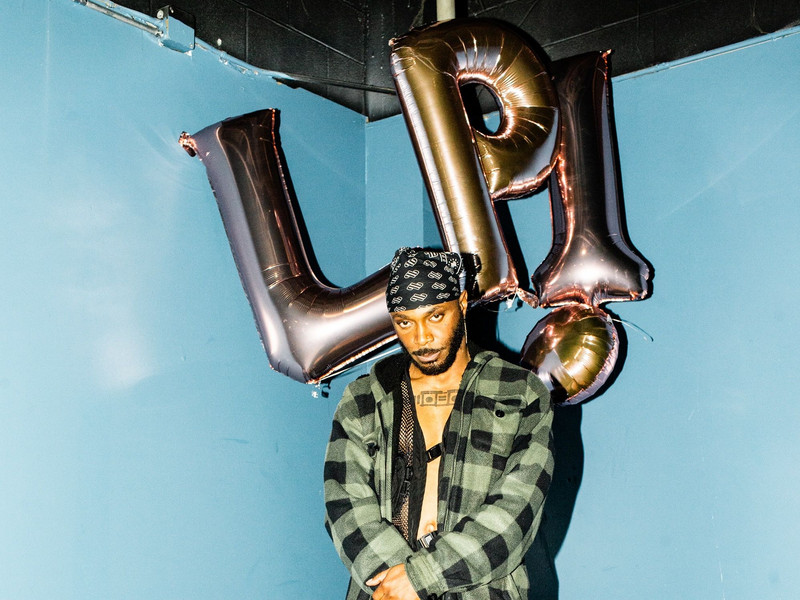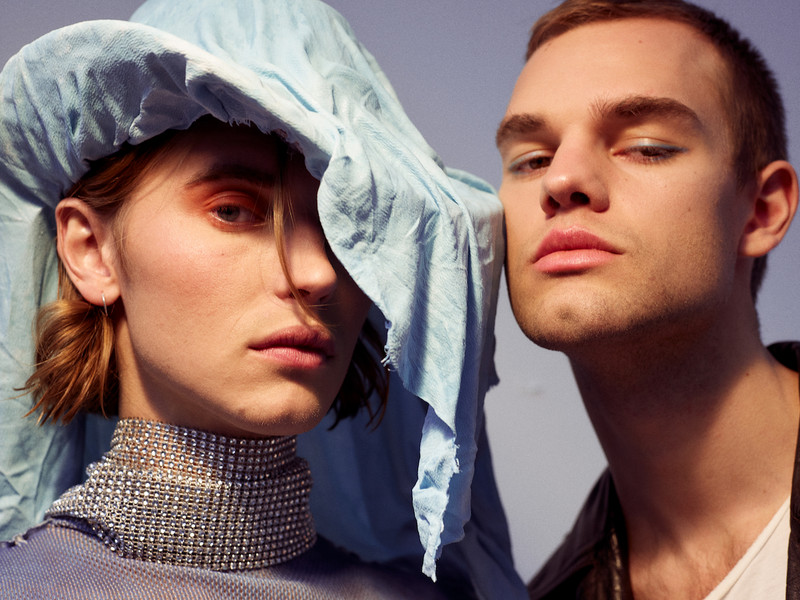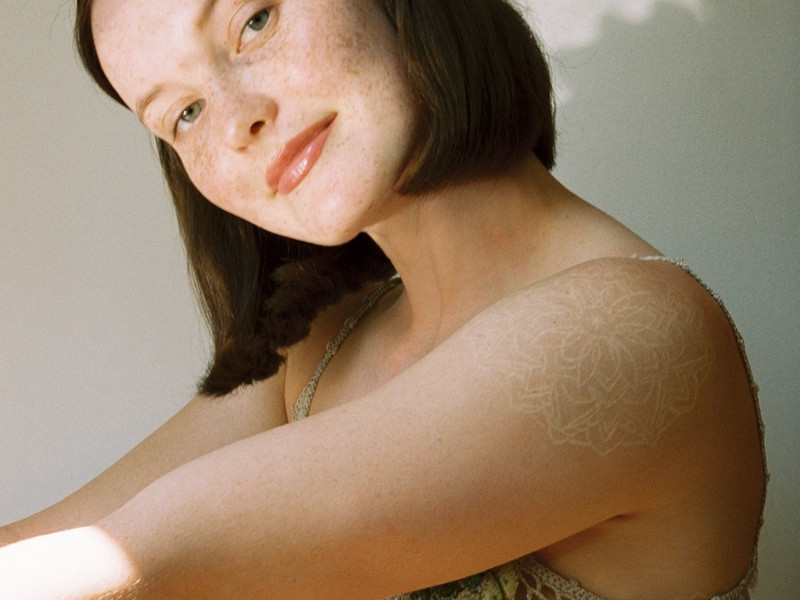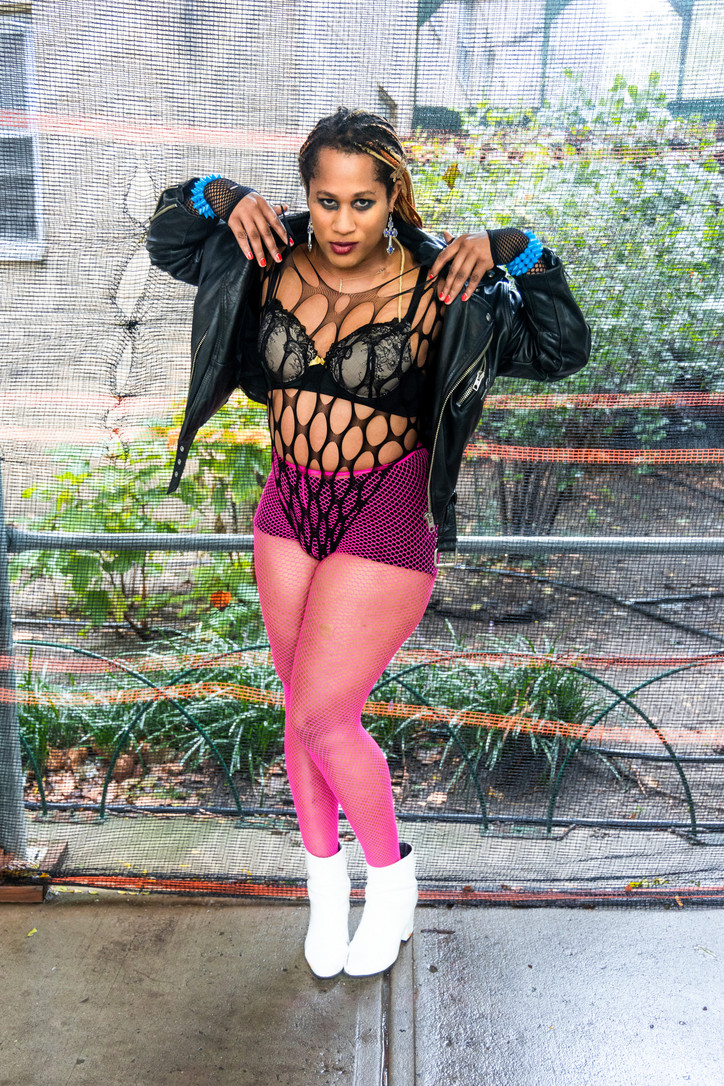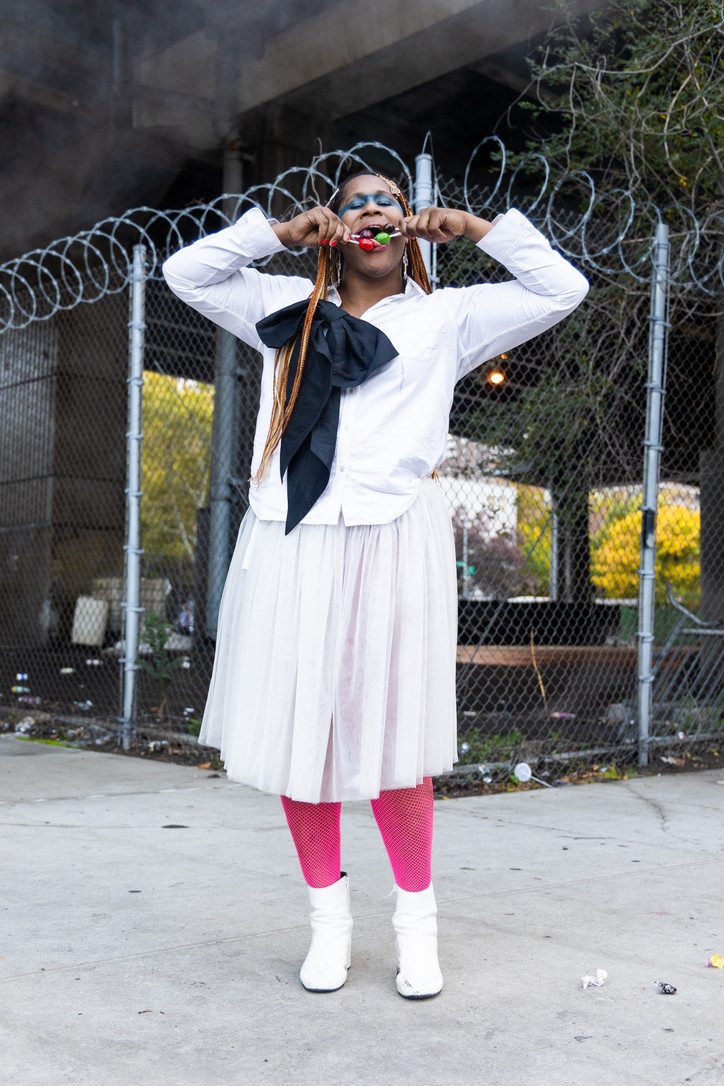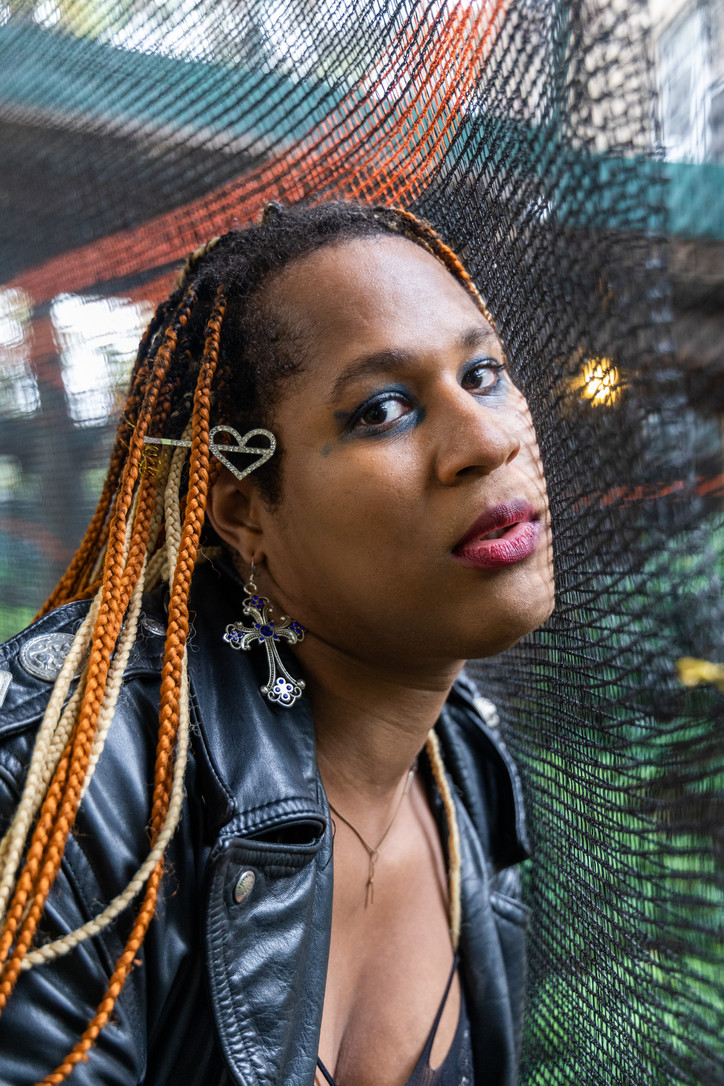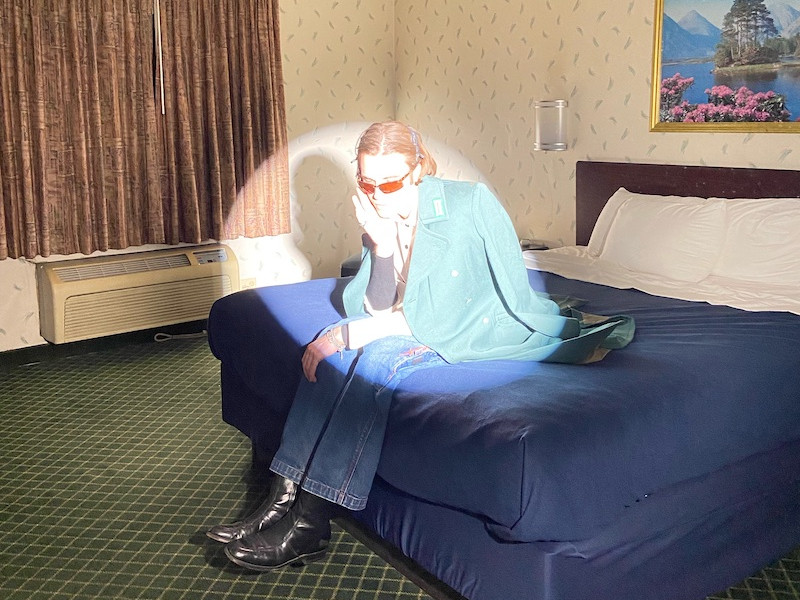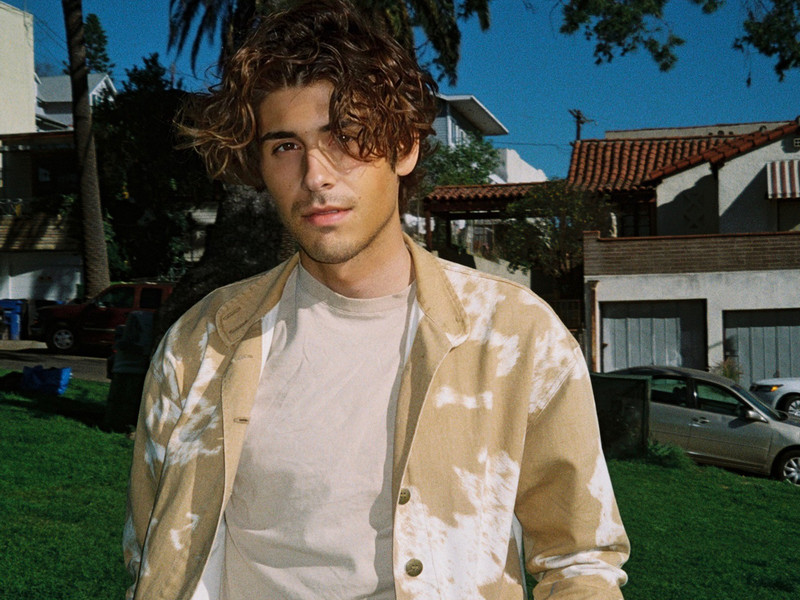office spoke with Kish below on her new album and the Deluxe version recently dropped, trailblazing in her craft, and what the American Dream really means, below.
You’ve been making music since 2012. How have you grown or transformed since Kool Kats Klub and your debut EP, Homeschool?
I've grown in terms of subject matter and genre and just ability in general. I think when I first started, I didn't sing at all — I would just kind of whisper songs. My craft has become more of a multi-medium practice as well. When I first started it was just songs, but then I started to take on more unique themes around the projects and then integrated visuals and installation work. And then I think my relationship with music changed. When I first started, I wasn't that versed in the music industry itself. So I think throughout my career I tried a lot of different things that were expected of me as a music artist. Now my career has shifted into something that's a little bit more catered to me specifically. I've had a career that's a little bit off the beaten path.
While we're discussing your upbringing, I know you were based in Florida growing up, and then you spent some time in New York as an adult. What do you feel you learned or what were some valuable lessons the city taught you?
I moved to New York when I was 18, so I feel like I pretty much became an adult in New York. It was super formative for me and feels like a place where I was exposed to a lot of different musical styles and different kinds of people. And Florida, or at least where I was from in Orlando, was very preppy and everybody wanted to get a good job or go to a good college and get married and have kids — things like that. I think I wanted a little bit more of an adventure and I got that in New York, for sure. I think it's made its way into everything I do because I moved there on my own. I always felt this kind of separateness from the world around me. So I think cities are really unique places because you're able to have that feeling of aloneness, but then you're also amongst tons of different kinds of people. So I think my relationship with the city really impacted my songwriting style and the introspectiveness of it. I would go to restaurants all the time and people-watch and build some of these narratives around my observance of others.
I feel that a lot of your music is a commentary on the world around you. I know that you've been a voiceover character, you have a background in textile design, and you've directed some of your own music videos — do you think possessing this artistic versatility enriches your work?
I think that the various mediums all intersect or that the skills you can learn in one are transferable. So it's kind of like you're never really starting from scratch because if you can understand space and color and feeling — I think that they can translate through to different mediums. It's all about how to convey an emotion or how to convey a metaphor or a visual image. So I think that they do enrich each other and inform each other. I kind of got into a lot of these things out of necessity, doing videos and my own design. I just couldn't find people for my budget to do it in the way that I wanted it to look. So I taught myself how to do these things. I had a really specific vision, which is sometimes really different than the norm, you know? It's kind of hard in general just to be heard, as a young, black, woman artist. And when you're first starting, a lot of people are like, 'Okay, that's cute that you wanna do that, but let's just do it like this.' So I took a lot of that autonomy just out of necessity and then I was kind of rewarded for it. And it wasn't always easy to learn all these things or try to do them, but I enjoy the process of learning new things. A lot of times when I make projects, the first thing that comes to mind is the visual component. I'll start to have ideas for styling and photographs or artwork, and then a theme starts to build. Then it kind of just goes from there.
You mentioned your position in the world and how your identity affects the decisions that you get to make within your art. Since a big theme of American Gurl is the world that we currently live in and navigating it and the ways that culture has shaped us, in what ways did growing up and finding your passion in a highly-technological era affect your work and your outlook on your own work?
Well, it creates the work, right? It gives you something to talk about. It gives you something to dissect and try to understand better. But then it also gives you the headache of dissecting it and trying to understand it better. So I think it's both something that's really inspiring to me and really frustrating. I like social media and that was a huge theme of my last record, Reflections in Real Time, so this is kind of like the 2.0 version. But it bridges other ideas and thoughts as well. Ancestral history, beauty, and consumerism. But it's difficult because, like anybody else, I'm a human. So the feelings that I'm getting from the outside world, through social media, or through comparison, or through my work being commodified in this way — it's completely changed the way that music is digested.
So I think these are really interesting themes to explore, especially since we're kind of the first generations as artists to go through these things. It's the first time we're having to work under the rule of an algorithm or having non-human liaisons that are passing work through various channels. This is really new for our society. So I think it's really an interesting world. I don't know that I love it all the time. I think a lot of times it misses the mark and misses the point, obviously. I think it's made the process of making music and the world around making music really dull. It reduces the work to something that's like, 'Oh, let me stream this once,' or, 'You made an album? Cool. I listened to it — what's the next thing?' It's this insatiable need that's really, really hard to supply because artists do spend a lot of time and effort making these works. These are like two or three years that they're ruminating on ideas or really processing and assessing life in a way that I think most artists hope can bring healing or thought or comfort. But, I also believe that these channels bring possibilities for artists. I'm born of the internet era; my music wouldn't exist if there were none of these platforms. So I do think that it also adds a number of artists to the fold that wouldn't have gotten these opportunities before.
You bring up this really interesting point that I want to dive into more: this insatiable need of consumers. We are so used to now having everything at our fingertips, and having it quickly, that we don't spend as much time processing the art and what it means to us and what it means to the person who made it. This fast-paced, never-ending cycle is something that is pondered on the album. In this age, how do you remove yourself from that noise and find the peace to create from a place that's not constantly influenced by outside sources?
I don't know that it's possible for it not to be influenced, but I make an active effort to unplug from it. I think for all of us it's somewhat of an addiction, but it's also something that comes from a place of fear because when you know that you're making your money and you're making your livelihood based on the opinions and feelings of others, it's puts you in this really weird predicament. There's only so much that you can do. I think as an artist today, you have to at least be plugged in through other sources, whether that be having a plugged-in team or having someone doing your platforms for you or something. It still has to like exist in a way. I think I don't really have the answer for myself yet of what that looks like for me. For the past years, it's been just like, 'Okay, what do you need? What do you want from me?' But I think it's really tough to find that balance. I don't know that many artists are finding it. There are so many more things that are required now. And I think it's not just an artist thing, it's a societal thing. It takes bravery from various artists or public figures to try to build careers that are not so reliant on these things. To me, it's important for us to find ways to support artists that have non-traditional ways of communicating with the public because it allows for more unique spaces for people to find themselves in and follow.
